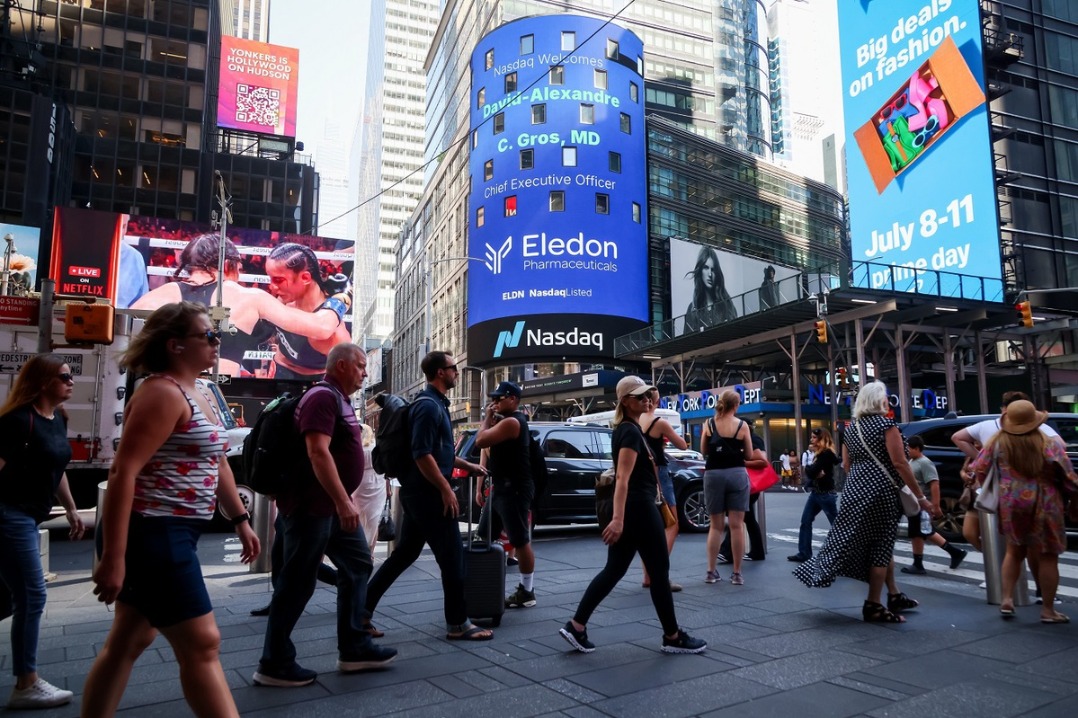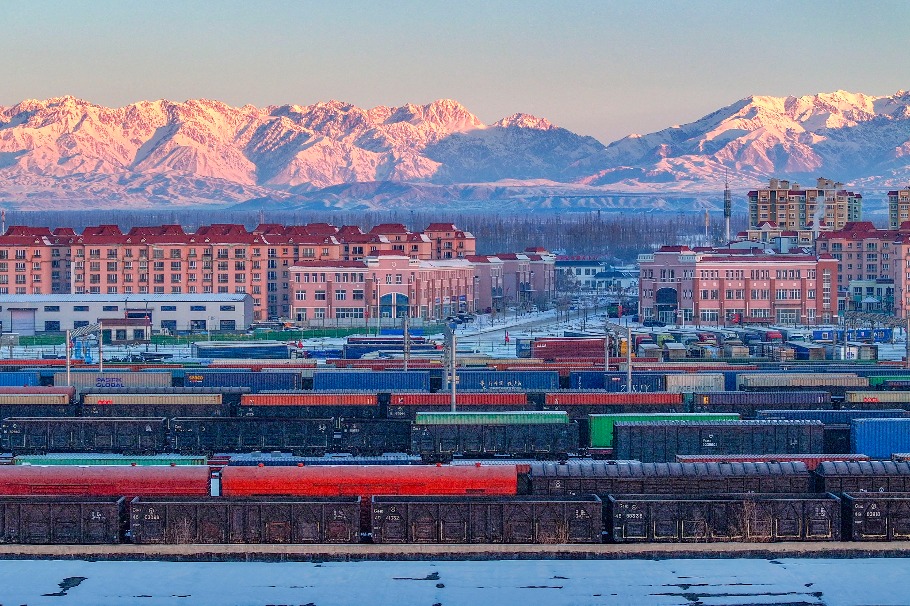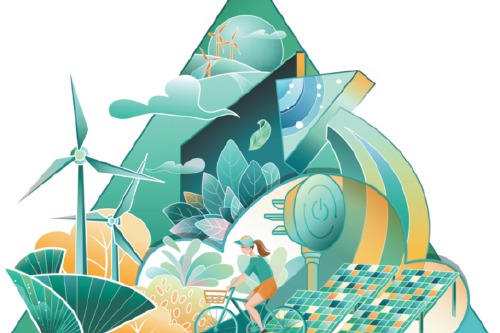Social justice key to sustainable future for all


Thirty years ago, 186 countries met in Copenhagen, Denmark, for the first Social Summit for Social Development. The gathering was the largest meeting of world leaders ever at the time. By the end of the summit, their agenda was clear: the challenges faced by our societies are global and so are the solutions.
In response, governments vowed to put people at the center of global development. They recognized that social justice must be the foundation for economic progress if progress is to be sustainable. It means ensuring that people, regardless of gender, nationality, background or place of birth, have the right to live in dignity, with equal opportunities to work, thrive and succeed. Societies built on fairness work better, trust more and grow stronger.
The consensus of the summit became the cornerstone for the United Nations Sustainable Development Agenda and its 17 Sustainable Development Goals. Since 2015, the SDGs have been the blueprint for achieving a socially just, peaceful and sustainable world. The deadline for their realization has been set for 2030.
Since that first summit, our world has changed, in many ways for the better. A new International Labour Organization report, "The State of Social Justice", shows that extreme poverty is down from 39 percent to 10 percent of the global population. Child labor for under-14-year-olds has been cut by half and, for the first time in history, more than half the world has some form of social protection, such as a pension or unemployment insurance.
But despite decades of efforts, the report makes clear that major disparities remain. A person's place of birth still determines more than half of his or her lifetime's earnings. Globally, more than 800 million people survive on less than $3 a day. That is why achieving the 2030 SDG targets is in jeopardy. For example, for SDG 8 on decent work and economic growth, we lag well behind, having met only two-thirds — or 66 percent — of the indicators.
If we wish to improve living conditions for everyone and achieve social justice, expeditiously achieving the SDGs is crucial. Decent work is a key thread that helps to tie the SDGs together, because decent work is more than making a living: it is a barometer of how well we are doing in society as a whole, including health, education, equality, and responsible consumption and production. When work is productive, paid fairly, safe, equitable and inclusive, freely chosen and with rights, we have social justice.
But decent work does not just "happen". History shows that without strong institutions productivity gains do not translate into better lives. Institutions strengthen basic human rights, such as the rights to education and to a healthy environment, and ensure equal opportunities, fair distribution, and a voice for both workers and employers. Social dialogue is the most effective way to balance the interests of workers and employers and help make growth equitable.
Right now, our institutions are being tested. Three massive transitions are reshaping the world of work everywhere: the impact of a hotter planet and the move to a greener economy, the digital revolution, and demographic change. These transformations are creating new jobs and destroying old ones. They have the potential to create fresh opportunities, but they also risk deepening existing divides. How these changes will play out depends largely on the choices that societies make today.
In November 2025, the second World Social Summit will be held in Doha, Qatar. This global gathering will once again bring together government representatives, workers, employers and civil society — three and a half decades after the first summit. It represents a critical moment to turn past pledges into real change.
We must reaffirm the promise made in Copenhagen: that social justice and inclusive economic development are everyone's business and in everyone's interest. But above all, we must take decisive action. The ILO-led Global Coalition for Social Justice offers a platform to help move us in the right direction. Already, it is bringing together governments, employers' and workers' organizations, and other partners to accelerate action and cooperation toward achieving social justice and decent work for all.
If we succeed, we can help ensure that economic productivity and social progress are linked. Because in the end, social justice is not an impossible ideal. It is the only route forward to a sustainable future for all.
The author is director of the research department at the International Labour Organization.
The views don't necessarily represent those of China Daily.

































